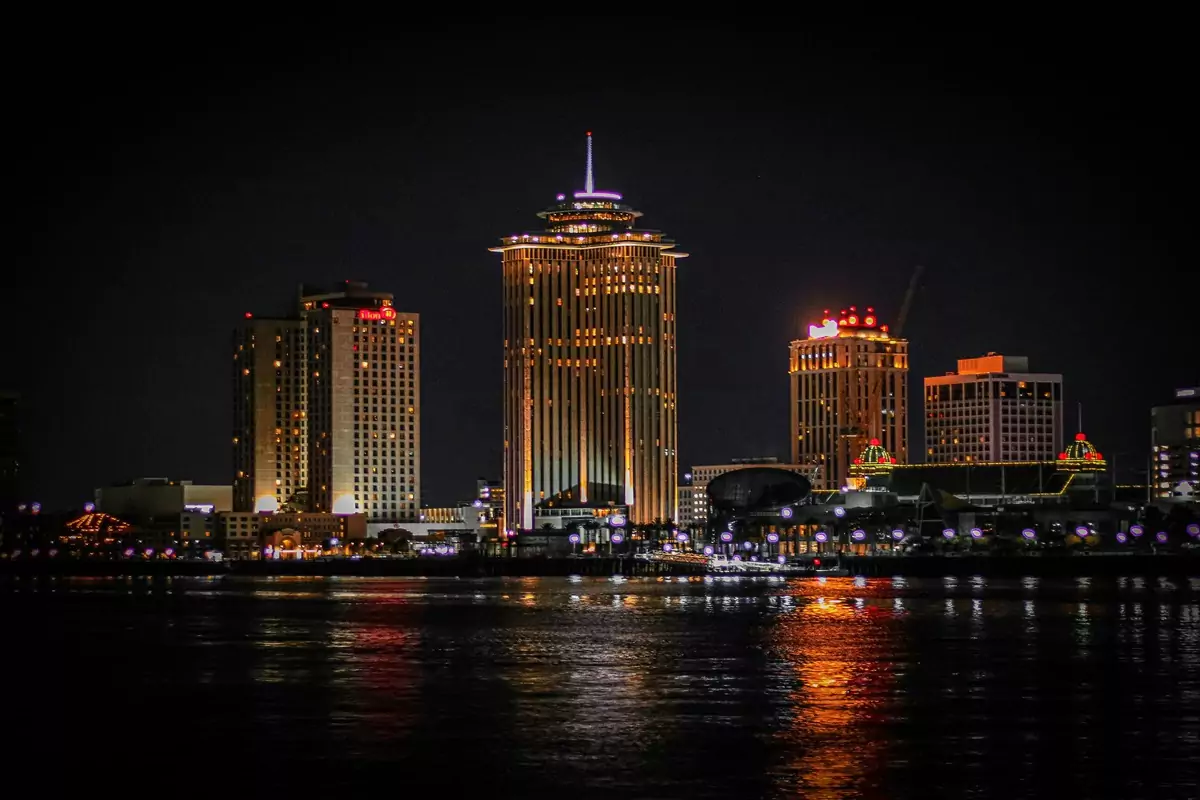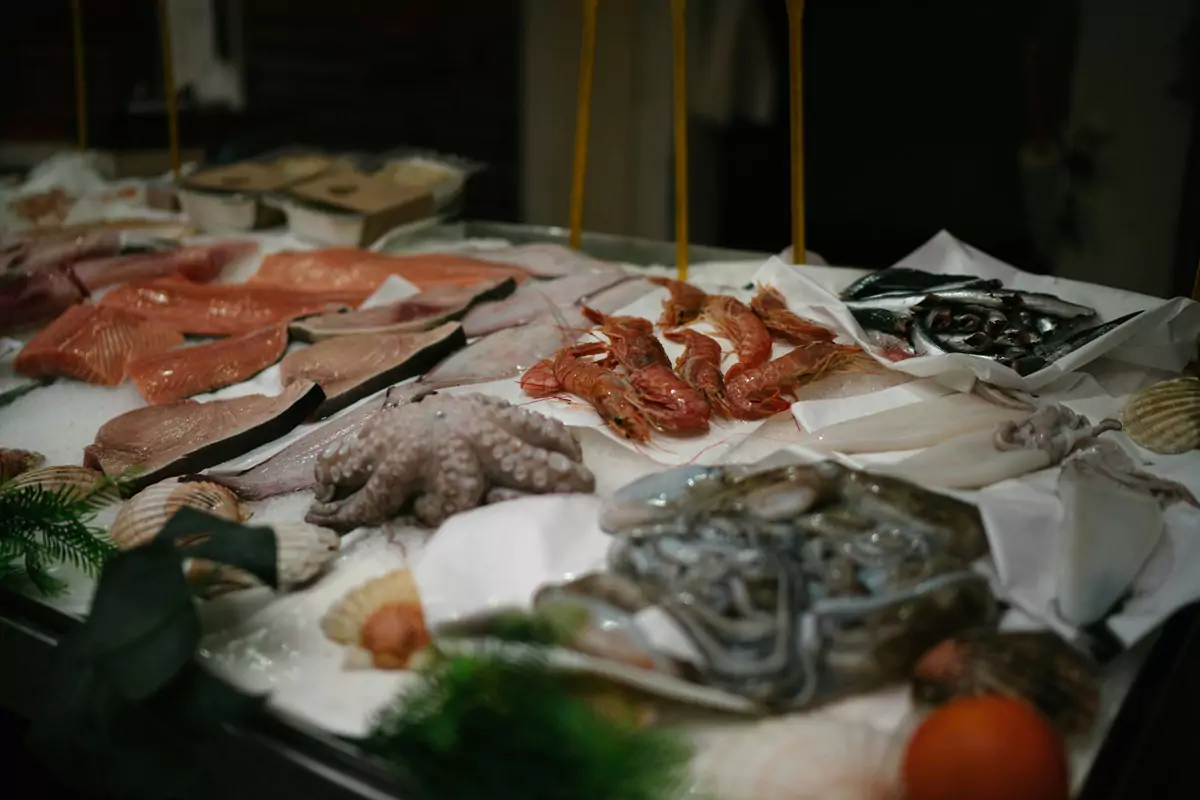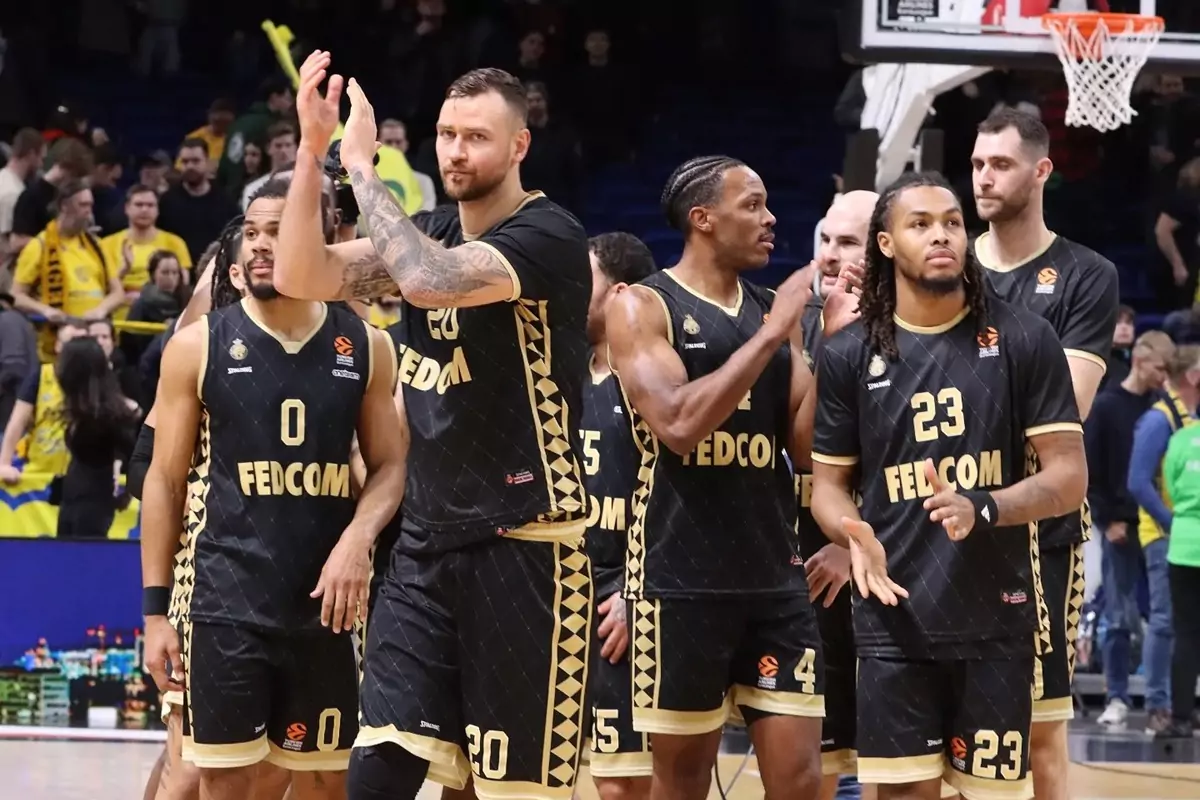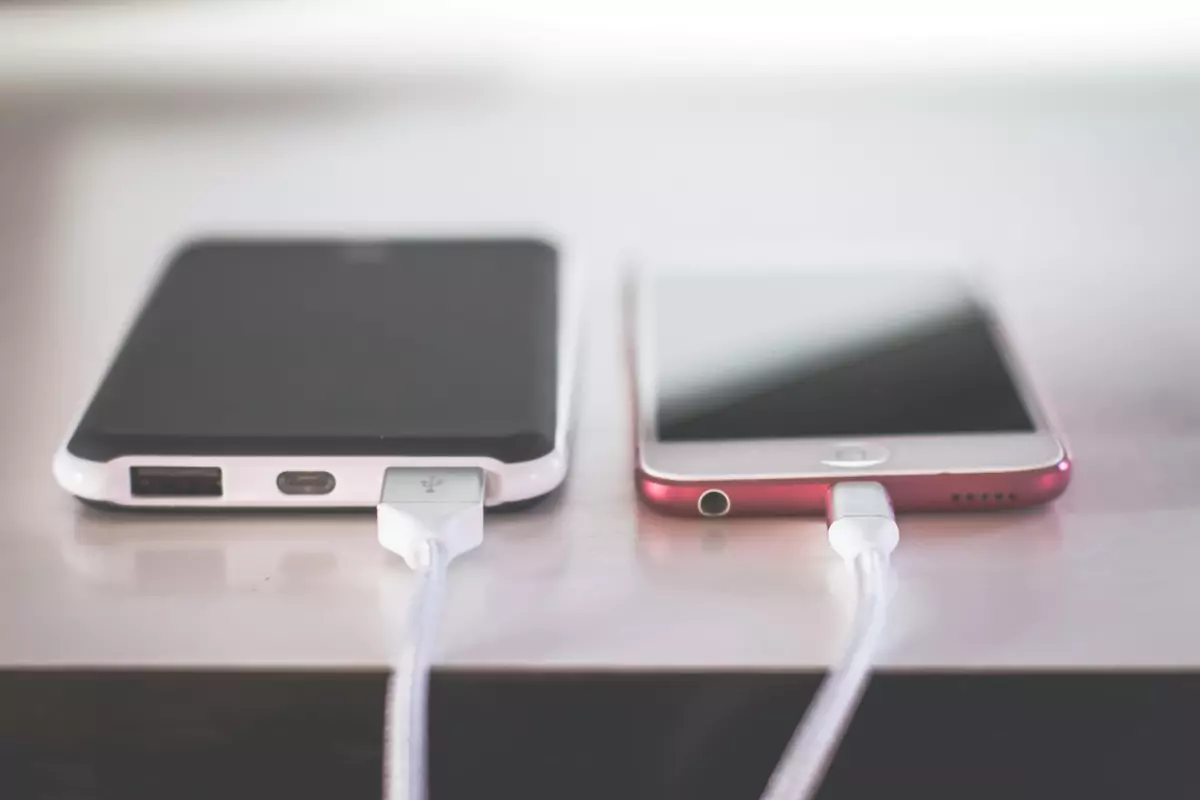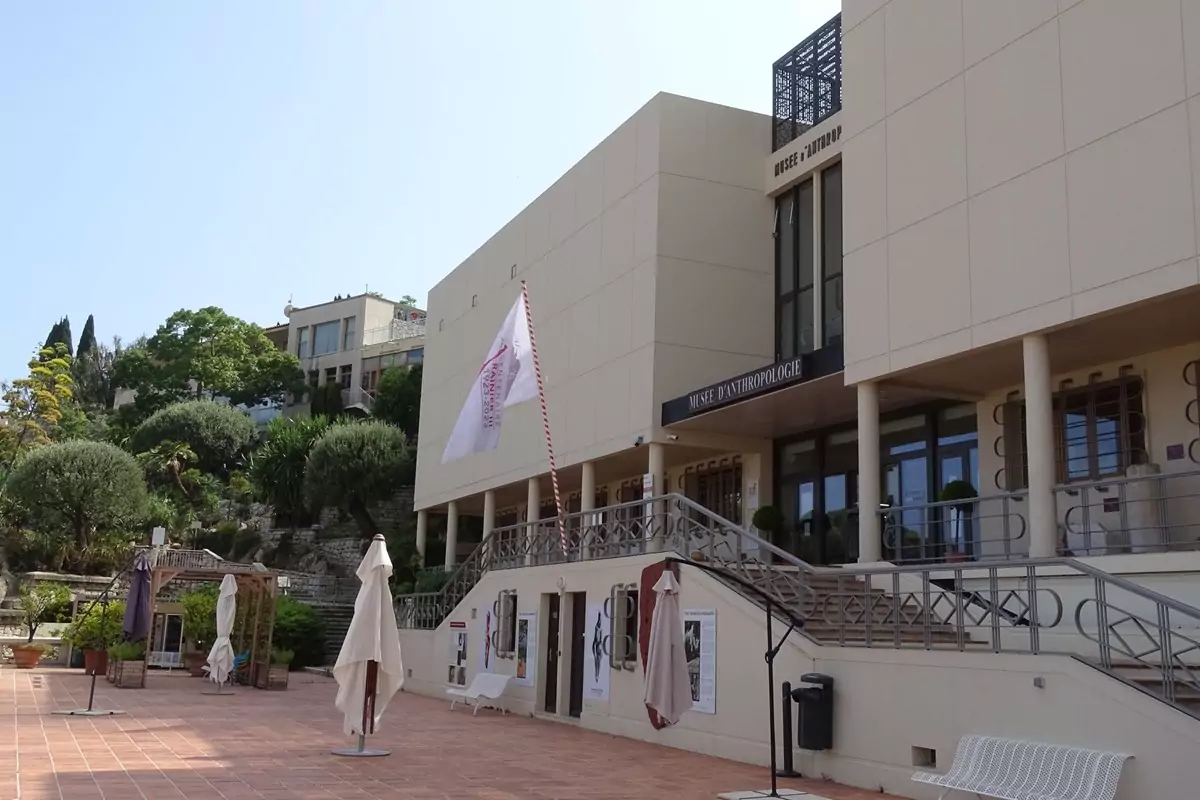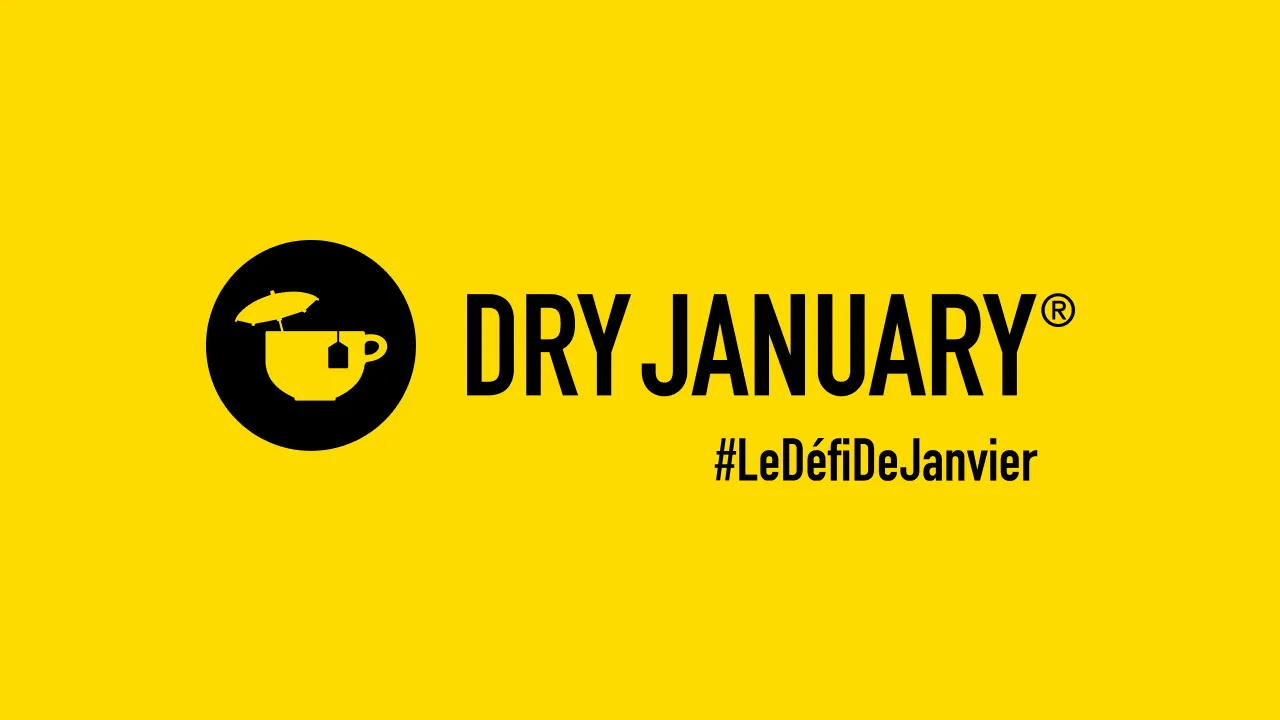A deadly New Year’s Eve attack on the American city of New Orleans, in which 14 were killed and dozens more injured, has prompted Prince Albert II of Monaco to send the outgoing US President Joe Biden a touching letter of condolence.
In the early hours of New Year’s Day, festive celebrations in New Orleans turned into a scene of terror when Shamsud-Din Jabbar, a 42-year-old Texas resident and US Army veteran, drove a Ford F-150 rental truck into a crowd of revellers. 14 people were killed and dozens more were injured in what the FBI is calling a “premeditated and evil act”.
CCTV footage shows the white rental truck accelerating into the crowd in the area around Canal Street and Bourbon Street before crashing three blocks away near Conti Street. Jabbar exited the vehicle and exchanged gunfire with police before being shot dead.
A special dispatch from Monaco
In the wake of the attack, Prince Albert wrote directly to President Biden on 2nd January to express his “deep sorrow” upon hearing the news.
His letter to President Biden reads:
“It is with deep sorrow and profound sadness that I learned of the tragic vehicle attack in New Orleans, which has claimed innocent lives and left many injured.
In these difficult times, I wish to extend, on behalf of my family and the people of Monaco, our heartfelt solidarity with the families of the victims, the injured and the American people as they face this devastating tragedy. Together, we stand united in grief and in our firm rejection of all acts of violence.
Let me assure you, Mr President, of my sincere condolences and the expression of my highest consideration.”
Monaco’s ties to America run deep, as both his mother Grace Kelly and previously Alice Heine, a New Orleans native married to Albert I, hailed from the USA.
Latest information from the FBI
The FBI has stated that an Islamic State (IS) flag was found in the vehicle used in the attack, but that investigators believe Jabbar was acting alone. Two makeshift explosive devices were found near the scene as well, possibly made at the New Orleans Airbnb rented by the perpetrator.
Jabbar reportedly made five videos before the event, one of which stated that he also had plans to harm his friends and family but was concerned the media would misinterpret the crime. His intention appears to have been to highlight the “war between believers and disbelievers”, with the murders being a secondary consideration.
Among those tragically killed were a former Princeton University American football player, an aspiring nurse, a young mother and a New York account executive.
Another explosion outside the Trump Hotel in Las Vegas involving a Tesla Cybertruck has led the FBI to investigate potential links to the New Orleans incident. However, no links have been established so far according to the latest reports.
The attack has echoes of the attack in Nice in 2016 when Mohamed Lahouaiej-Bouhlel, a Tunisian national living in France, deliberately drove into crowds of people celebrating Bastille Day on the Promenade des Anglais, killing 86 and injuring 434. It remains one of the deadliest attacks on French soil outside of wartime.
Monaco Life is produced by real multi-media journalists writing original content. See more in our free newsletter, follow our Podcasts on Spotify, and check us out on Threads, Facebook, Instagram, LinkedIn and Tik Tok.
Photo credit: Isawred, Unsplash
